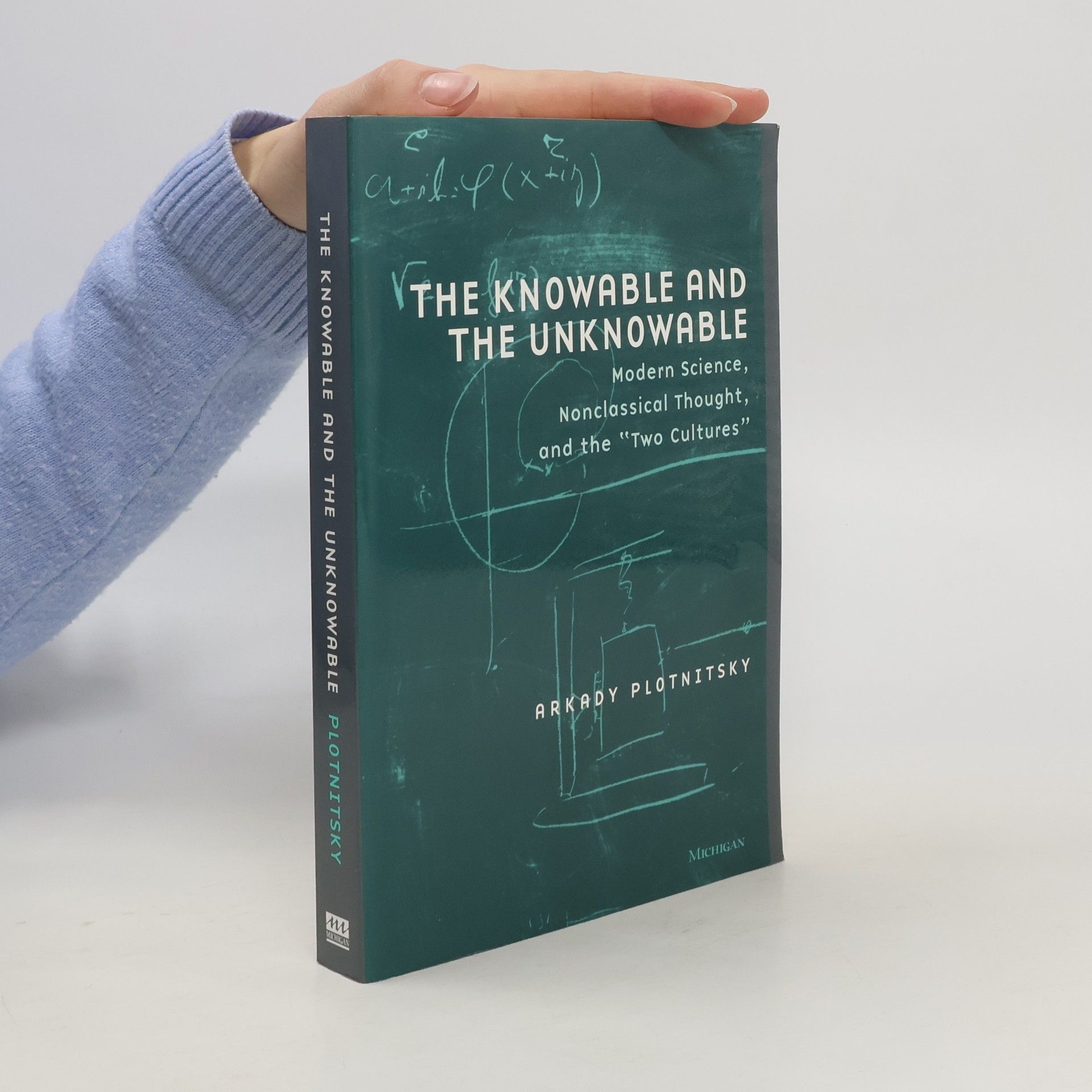The Knowable and the Unknowable
- 319pages
- 12 heures de lecture



Matter, Thought, and Technology in Quantum Physics
The book explores quantum theory through the lens of "reality without realism" (RWR), emphasizing new relationships among matter, thought, and experimental technology. It examines the contributions of key figures like Bohr, Heisenberg, Schrödinger, and Dirac, aiming to merge the philosophy and history of quantum physics. The author argues that experimental technology fundamentally alters our understanding of physical phenomena, challenging traditional views from classical physics and relativity by highlighting the interconnectedness of matter, thought, and technology.
Thinkable and the Unthinkable in Mathematics, from the Pythagoreans to the Moderns
Exploring the philosophical dimensions of mathematics, this study delves into two key aspects: the conceptual nature of mathematics as an invention of ideas, and a Pythagorean perspective that highlights the relationship between geometry and algebra. It traces these ideas from ancient Greek mathematics to modern developments, particularly focusing on radical Pythagorean mathematics, which examines the interplay of thought and the ineffable in mathematical reasoning. Aimed at mathematicians, physicists, and scholars, it offers a fresh historical and philosophical understanding of mathematics.